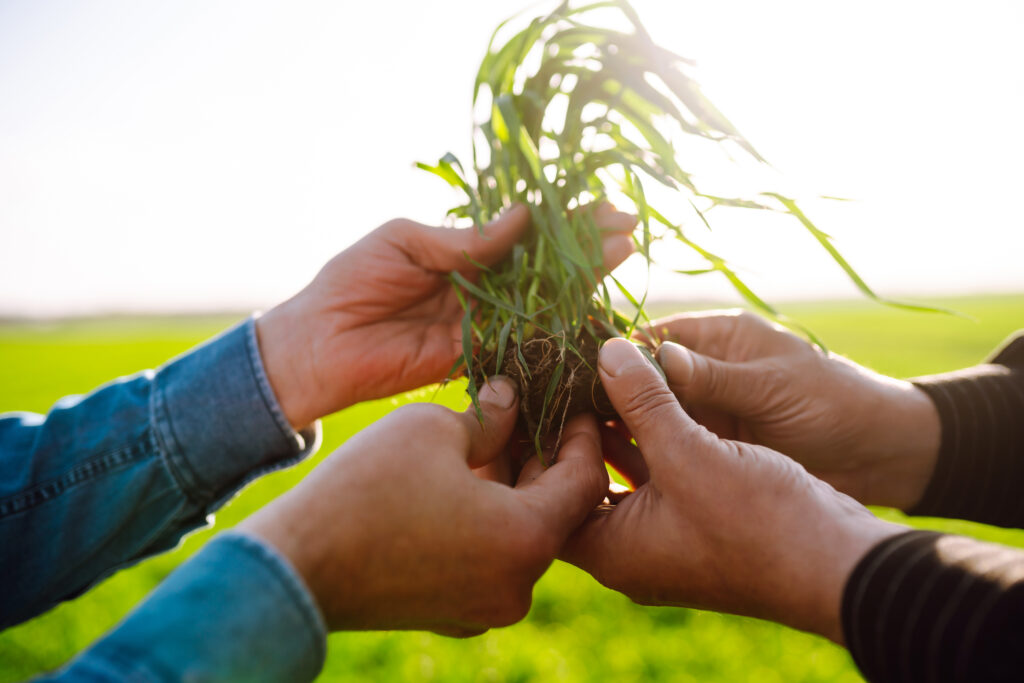The growing trend of social entrepreneurship has the power to create genuine change in various social and economic issues facing the world today. Unfortunately, this term is too often erroneously connected to non-entrepreneurial efforts. Understanding what social impact entrepreneurship means is essential to distinguish the difference.
A social entrepreneur identifies social and economic challenges and their impact on marginalized populations. This recognition prompts the social entrepreneur to take actionable steps to help minimize or overcome these challenges and stabilize impacted groups.
Taking a closer look at the role and importance of social entrepreneurship offers some examples.
Social Entrepreneurship Addressing Poverty
According to the World Bank, COVID-19 pushed the number of people living in extreme poverty to 700 million. While the direct impacts of the pandemic are slowly subsiding, the World Bank predicts that 7% of the world population, or 574 million people, will still earn less than $2.15 per day by 2030.
First, global inequality increased during the pandemic, as the poorest populations experienced significant income losses. Secondly, the long-lasting effects of COVID-19, such as educational setbacks and ongoing healthcare concerns, still affect many of the world’s poorest regions. Finally, additional factors, including rising costs, climate change, and political conflicts, are only working to escalate poverty worldwide.
Social entrepreneurship organizations, such as Matr Boomie, are taking steps to address poverty and inequality around the world.
Matr Boomie
Wholesale gift supplier Matr Boomie is committed to bridging the gap between poverty and sustainability. Matr Boomie founders Manish Gupta and Ruchi Agrawal partner with more than 1,500 artisans from some of the poorest regions of India to sell their handmade products for a profit and help to break the chains of poverty. Matr Boomie invests in educational programs and vocational training, especially for women, tearing down gender inequalities.

Social Entrepreneurship Addressing Climate Change
Another major challenge impacting nearly every corner of the world is climate change. The last eight years are the hottest years on record, and 2022 ended as the fifth hottest year in recorded history. Even small temperature changes from increases in greenhouse gases are impacting the worldwide climate through the warming of ocean temperatures. It has also been linked to severe weather events, including floods, droughts, wildfires, and larger and more powerful storms.
These changes bring catastrophic challenges, such as displacement and food insecurity, to some of the world’s poorest regions, including Africa, India, and Central America. Peak Design takes a social entrepreneurial role in addressing global climate change.
Peak Design — Carbon Neutral Business and Advocate for Aggressive Climate Policy
Retailer Peak Design is a Certified B Corporation, which shows its commitment to transparency and accountability pertaining to environmental and social performance. The company maintains environmentally friendly practices. This includes using recycled nylon and aluminum, as well as sustainable materials during production, whenever possible. Peak Design uses recycled paper and plastics in packaging. They are also the co-founder of Climate Neutral, a nonprofit organization committed to helping businesses reduce their carbon footprint.

Social Entrepreneurship Addressing Social Justice
Nearly two million people in the United States are incarcerated in state or federal prisons, local or county jails, detention centers, or psychiatric hospitals. Additionally, more than 800,000 individuals are on parole, 2.9 million are on probation, and 79 million live with a criminal record. On top of this, there are well-known racial disparities in the criminal justice system that have led to a disproportionate number of minorities being imprisoned.
While serving time in prison is challenging, transitioning back into the community can be extremely difficult. A criminal background frequently results in difficulty securing employment and reliable housing. These problems, and others, have led to a 30% return-to-prison rate in the United States. Defy Ventures uses social innovation and entrepreneurship strategies to help overcome these social justice issues.
Defy Ventures — Humanizing Connection to Help Prisoners Transition After Release
Defy Ventures’ main goal is to help individuals transition from prison and the court system into stable employment. Providing services including career readiness, life skills, and personal development before the individual is even released from prison. It also helps interested clients start businesses by providing entrepreneurship training and startup programs. Defy Ventures’ combined programs help reduce the risk of re-incarceration by maintaining a 10% recidivism rate.

Social Entrepreneurship Addressing Agriculture Issues
Alt text: Farmers discussing agricultural issues on young wheat in the field.
While vital to survival, agriculture has some issues that significantly contribute to today’s climate crisis. For example, the livestock sector emits more than 14% of all human-induced emissions, with cattle as the primary producer. Water consumption is also a concern. Raising cattle requires 4,650 liters of water per 300 grams of food produced, while growing wheat only requires 390 liters of water and vegetables, an average of 72 liters. Furthermore, 36% of the global output from agriculture goes to raising livestock, not human consumption.
While completely eliminating agricultural emissions may not be possible, reducing meat consumption and more environmentally friendly farming practices can help. Social entrepreneurs, like those at Green Monday, are leading the way to change.
Green Monday — Global Change Maker for a Sustainable Future
Green Monday is a social venture company that encourages consumers to reduce meat consumption. It promotes going meat-free at least one day a week and provides consumers with educational resources. Green Monday Ventures also invests in the companies TurtleTree and Beyond Meat. The project aims to reduce the impacts of climate change and end food insecurity by changing consumers’ mindsets.These social entrepreneurship examples may be a step toward answering some of today’s most pressing questions, including how to address poverty and social justice issues. Social entrepreneurship allows business-minded people to effect change by establishing or investing in a social impact business.

